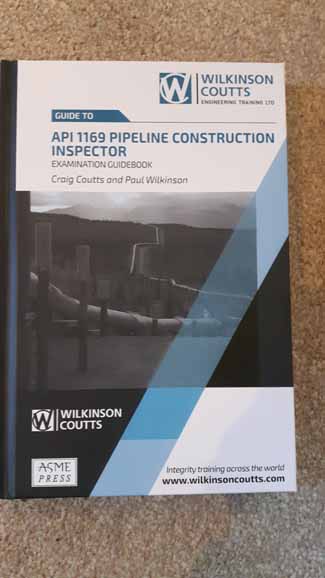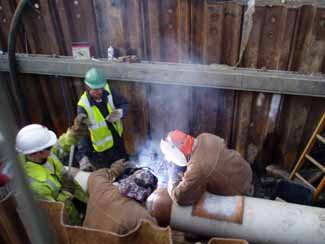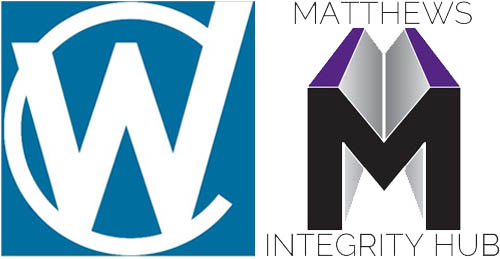Experience; Our Valuable Resource

Overall, plant integrity is primarily a practical-based subject. Although there can be calculations involved for design and evaluation purposes, final decisions are heavily influenced by practical considerations. For standard pressure and structural plant equipment there is surprisingly little about its integrity that is completely new, or unknown. Most failures have happened before, somewhere, and the damage mechanisms that caused them are well known and discussed. This is why experience plays such an important part of the integrity equation.
Our Trainers’ experience
With some training companies, it is commonplace for people to be just employed as ‘trainers’, expected to be able to present almost any subject for which they are given the course material. In many cases this means that they have precisely zero experience of actually doing the subjects they are teaching. They often argue it’s not necessary, as it’s just their job to present the course material in front of them. Sorry, we don’t agree so that’s why we do it differently;
When we assess the experience of potential trainers, we look at their level of actual experience in four areas;
- Experience of using the codes and standards that form the subject matter of the course
- Experience of working with the equipment in question; whether, operations, maintenance, NDE, repair or technical evaluation of some type.
- Experience of areas that lie outside (above and below) the knowledge-level of the training course under consideration. This is important to be able to answer delegates’ questions about the relevance of subjects introduced in the training course.
- Experience in dealing with delegate questions
We are careful to differentiate between a trainer’s knowledge (you can get that from a book), and their experience (which you can only get by using knowledge in doing an actual job). The result is clear for delegates to see when they attend one of our training courses…. when you ask a Wilkinson Coutts trainer a question, you get a valid answer, not an excuse.
Our delegates’ experience

The level of experience that delegates bring to out training courses varies hugely. Owing to the business that we are in we are in our courses are not that relevant to those who have experience only of a college or office environment. We get lots of delegates from an NDE background, some from plant operations and others from a maintenance/mechanical technician background. The practical knowledge they have picked up is always a benefit during our courses. Our ASME Plant Inspector cert courses in particular have wide coverage so a broad engineering background is useful in understanding the course material in context.
For our API Cert courses the situation is a little different. Although they are undeniably about practical engineering subjects, API certificate examinations are 100% code-based. Hence knowledge of code clauses and their interpretations is more important for exam purposes, than practical for about 70% of the syllabus. For the other 30% (typically ASME V, IX, API 571,577 ,578 and similar) then previous practical knowledge is invaluable in understanding what the codes are actually saying.
Making the best of experience
The danger with experience in the world of integrity and inspection is that it is all too easy not to make the most of the experience you get. Here’s the four main dangers that we identify amongst delegates that we see on our training courses:
- No-one gets practical engineering experience when sitting in the office working with spreadsheets. It may feel like it, and people may tell you are getting it, but you are not.
- In some jobs, five years’ attendance does not give you five years’ experience. It just gives you 6 months of experience repeated 10 times.
- Watching is not experience. Trying and doing is experience.
- No mistakes really mean no experience. It’s easy to find out what practical experience someone has. Just ask them what practical engineering mistakes they’ve made and if they can’t tell you, they don’t have any.
Our experience commitment
Our simple commitment is to guarantee that whichever of our courses you attend, you will be taught by a trainer with practical experience of the subject they are teaching. Simple as that.





